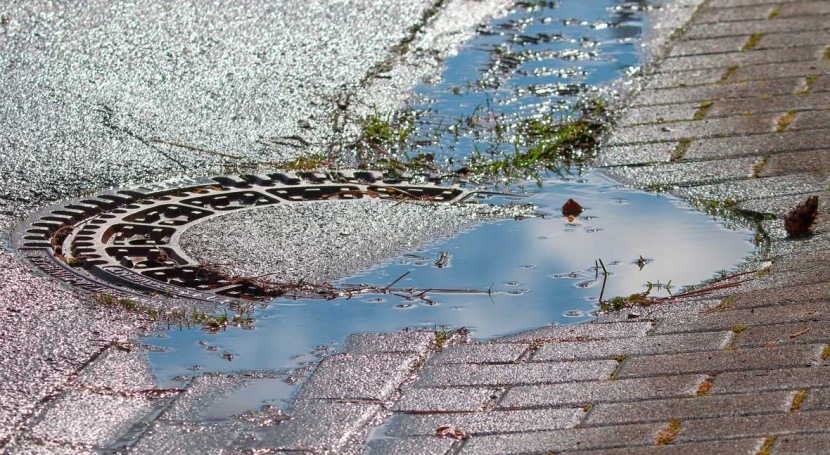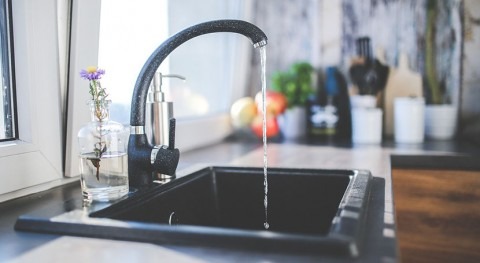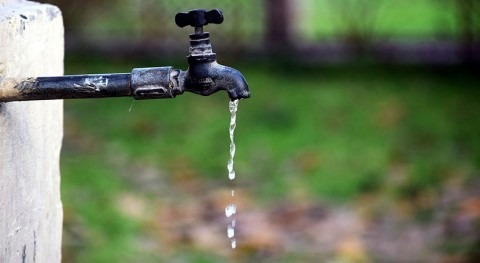With water and wastewater critical to fighting the coronavirus (COVID-19) pandemic, water utilities are swiftly employing plans to prevent service disruptions and assist households struggling to pay water bills, according to a recent survey conducted by the American Water Works Association (AWWA).
Ninety-seven percent of the 532 responding utilities have measures in place or in development to keep essential field workers on the job. Ninety-five percent of the responses indicate they are assessing options for staff shift change policies to incorporate social distancing at the workplace.
The two most pressing challenges reported by utilities are social distancing of workforce and supply chain issues for personal protective equipment (PPE). Nearly 40 percent of utilities reported disruptions in the supply chain for PPE, and nearly three quarters are expecting disruptions in the future.
Conducted online from March 25-30, this marks the second in a series of surveys of how AWWA member organizations are adapting to impacts from the COVID-19 pandemic. The second survey of AWWA member organizations generated 615 responses, including from 532 different utilities and 81 non-utility responses (consultants, manufacturers, service providers and others). The responses offer a near real-time assessment of how water sector organizations are currently managing risks of the COVID-19 pandemic.
To assist customers impacted by the economic fallout of COVID-19, more than 90 percent of responding utilities have suspended water shut-offs and about 67 percent are waiving late fees. Additionally, some utilities indicate they are providing payment plan options, waiving charges like service fees, and a few are considering rate reductions or forgiving payments for one billing cycle.
The survey also showed utilities are concerned about potential revenue challenges, with 64 percent of utilities expecting financial implications in the coming months and about 10 percent are already seeing revenue reductions. AWWA and other water sector organizations are advocating for the inclusion of water sector funding in future stimulus bills.
Sixty-seven percent of utilities reported that they have business continuity plans in place, and another 20 percent are currently developing them. AWWA is encouraging utilities to take advantage of Business Continuity Planning for Water Utilities: Guidance Document (AWWA, Water Research Foundation, U.S. EPA, 2013) in assessing their plans.
AWWA is offering resources to assist utilities with dealing with the challenges that arise during the pandemic at awwa.org/coronavirus.



















